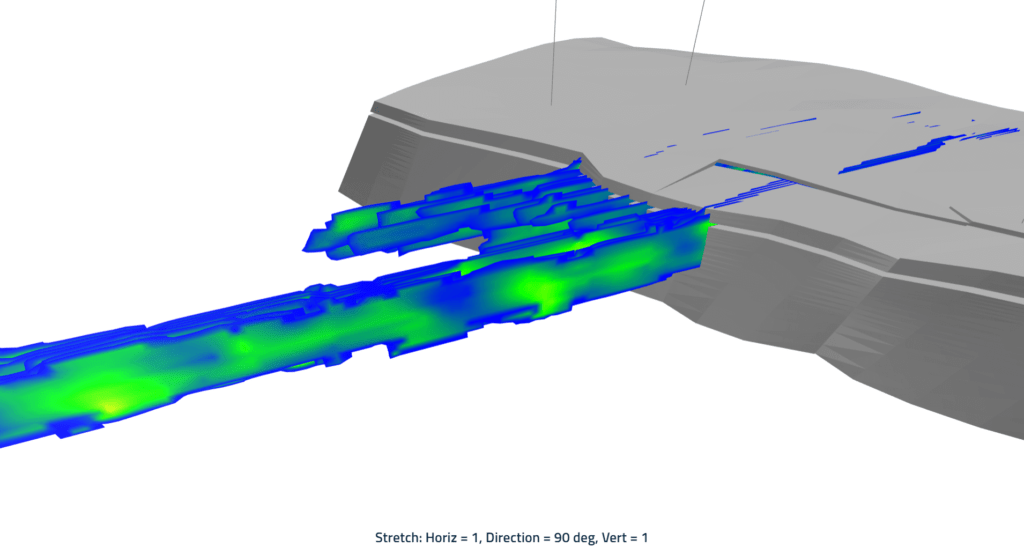Epistemic Challenges for Subsurface Engineering, Part I: The Persistence of False Beliefs

In a recent blog post, I outlined how companies use field tests, modeling, statistical analysis, and laboratory studies to improve over time. Information is synthesized as part of an iterative process of continuous improvement. In this post, I discuss what happens when the process of continuous improvement runs into trouble. In uncertain environments (like subsurface shale), there is a tendency toward overconfidence. We need to act, and in doing so convince ourselves that we are making the right decision. Sometimes we hire experts who ‘confidently confirm’ our beliefs. This is symptomatic of a phenomenon called confirmation bias, where we tend to ignore new data and outcomes that contradict our initial beliefs. After committing to strong claims, we may have difficulty changing course when it becomes apparent that they are not consistent with observations. This can cause false beliefs to persist for years, long after they have been falsified by field data.